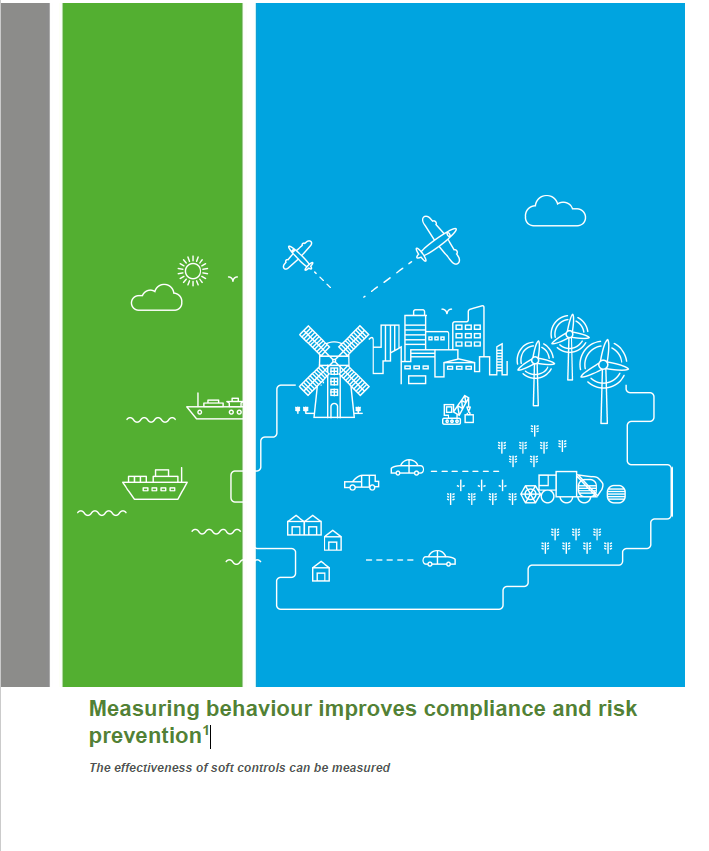Measuring behaviour improves compliance and risk prevention
For some years now, solid and reliable research has been carried out to gain insight into behavioural risks. The aim is to prevent future problems with pro-active interventions. This movement towards risk prevention is an important part of the development of the compliance function. A thorough understanding of soft controls, together with the analysis of hard controls, provides a comprehensive view of the management environment and effectiveness of the control measures taken. For example, De Nederlandsche Bank (DNB) expects that the extent to which the organisational culture promotes ethical conduct or compromises corporate integrity is taken into account when assessing the management of corporate integrity risks.
The effectiveness of soft controls is measurable. One of the angles in triangulation3 is research through surveys. This instrument and the analysis of the behavioural data must be designed as objectively and reliably as possible. If a number of conditions are met, a reliable picture can be generated of direct and not directly perceptible behaviour. This creates a solid basis for the discussion with management, plus a solid contribution to the risk analysis.
Download 'Measuring behaviour improves compliance and risk prevention' in pdf.
This publication is based on an article published in the Dutch Tijdschrift voor Compliance (Compliance Magazine, issue 3/4, July 2020, see denhollander.info/artikel/16246), written by Marlène Jans, Director at RSM and Henk de Jong, Partner at YX Company BV and Mind Share BV..
More information?
Would you like to know what soft controls and measuring behaviour can do for your organisation?
Please contact Marlène Jans, [email protected].

